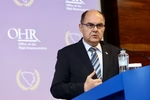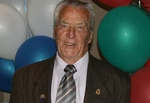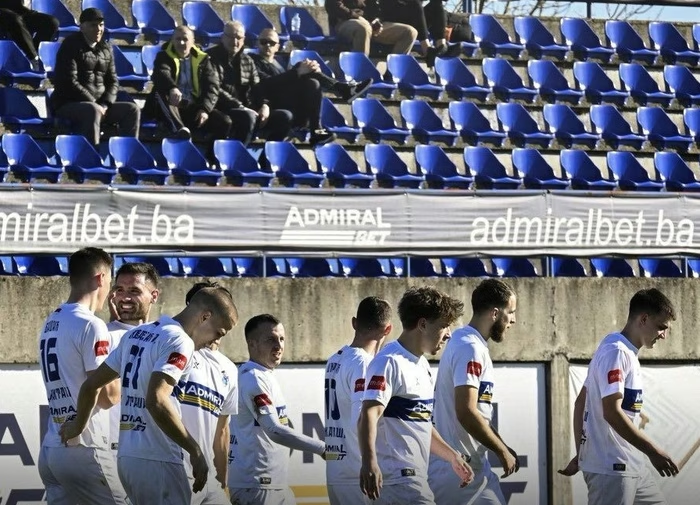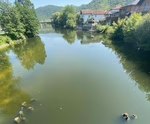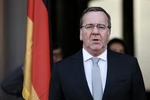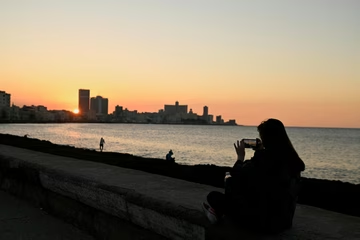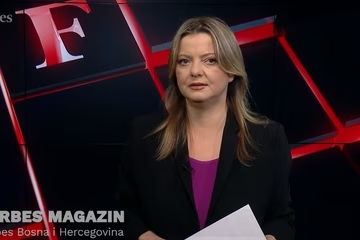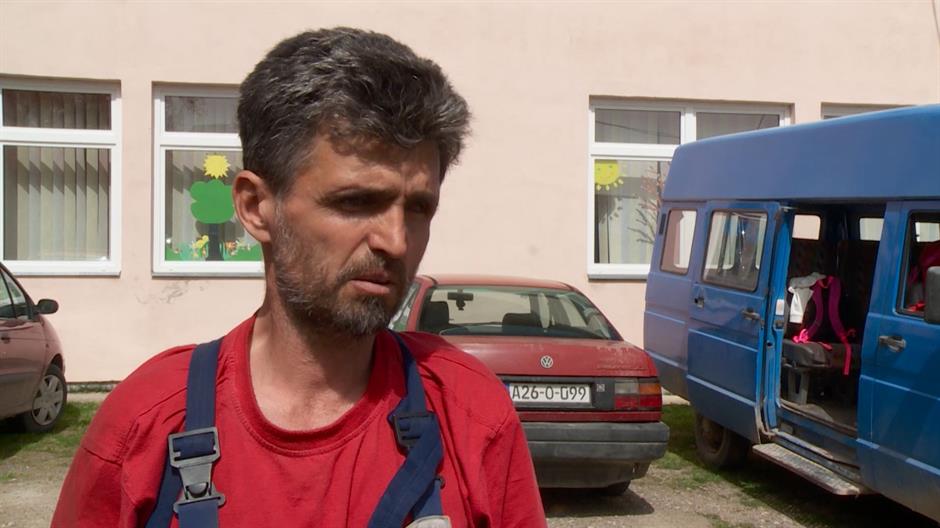
The classroom at the school in the village of Liplje is full once again, as local Bosniak school children returned to their benches after a months-long boycott over the name of the language that was written by the school into their report cards.
Bosniaks insist they speak Bosnian but Liplje is located in the Serb-dominated sub-state, Republika Srpska, which until recently called the language Serbian and does not recognize the name 'Bosnian language' as part of a decade-long policy of denying anything Bosnian.
Under pressure from Bosniaks living in Republika Srpska, Serb authorities have stopped writing “Serbian” into Bosniak children report cards and diplomas but use the term “the language of the Bosniak people.”
This has not solved the problem as the Bosniaks recognize it not as a compromise but as an effort to avoid recognizing their nation and country that has its own language – Bosnian. Bosnian, Serbian and Croatian are linguistically the same language. The battle is fought only over its name.
Protesting this “language of the Bosniak people” phrase, some of the Bosniak parents even entered a hunger strike and ended it only after the municipal mayor promised he would contact the Education Ministry of Republika Srpska and ask if the phrase could be replaced by “Bosnian language.”
“We agreed that the children should start going to school, while they (local authorities) will submit a request to the Ministry to start solving our problem,” one of the parents, Muharem Sinanovic, said.
The parents said they will not back down on their demand if the Ministry denies it again.
“It is important that when my child grows up, when he turns 18, that he is not ashamed of me and that I am not ashamed of him,” he said, adding “he will realize what is happening and one day he will ask me, ‘dad, how come I am learning a language that does not exist’?”
The class register says ‘Language’, without the word ‘Bosnian’ before it, teacher Elvisa Kicic said. According to ther, if it does not say ‘Bosnian’, it can also not say ‘Bosniak’.
“I know very well what language I am speaking, what I am teaching these children. A ‘language of the Bosniak people’ does not exist, and never did,” she said.
Because of the issue, the children's report cards are still not validated by relevant authorities. Kicic said she works in the local school for 14 years already. She is afraid of losing her job, but said she will not back down.
Until Thursday, the children have not attended any classes since February and to make up for the lost time, they are now attending extra classes daily and will go to school on Saturdays.
The mayor of the Zvornik municipality, where Liplje is located, was not available for comment. The school in Liplje is a branch of the Sveti Sava school in Zvornik, who's head master, Radomir Petrovic, told N1 the issue is one of ‘higher politics’. He urged the parents to allow the children to go to school, so they can complete the school year in due time.
This problem is not new. Parents from Konjevic Polje, a village in eastern Bosnia, also located in the RS, had spent several months camping outside the Office of the High Representative in Sarajevo – Bosnia’s top international official - demanding that the language their children are taught be called Bosnian.
Although a court ruled in their favor, their demands were never met. The Konjevic Polje case has been going on for five years, during which 120 Bosniak children from the area attended classes in the Educational Centre in the nearby small town of Nova Kasaba, where a Bosnian curriculum is being taught and the pupils are registered as having attended school in Sarajevo.
“This is improvisation. We are forced to do this,” said, Muhizin Omerovic, one of the parents from Konjevic Polje, adding that it is still a better option than for their children to learn things that “are being imposed in the RS”.
But now there is a new worry for Bosniak parents in the RS. According to a recent announcement, schools in the RS could soon begin implementing the curriculum of neighboring Serbia.
Kakvo je tvoje mišljenje o ovome?
Učestvuj u diskusiji ili pročitaj komentare





 Srbija
Srbija
 Hrvatska
Hrvatska
 Slovenija
Slovenija









